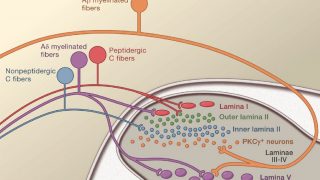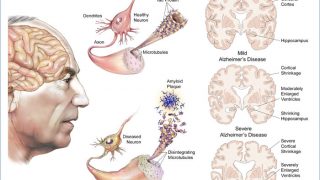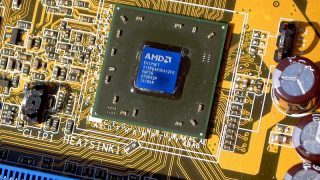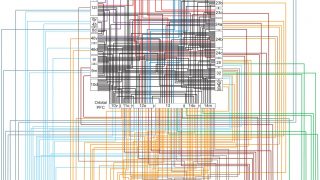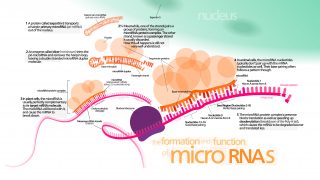
It’s all your parents’ fault (II): how Darth Vader programmed Luke to have depression
“ Fear is the path to the dark side. Fear leads to anger. Anger leads to hate. Hate leads to suffering”. Grand Master Yoda This is the second chapter of a series of 2 articles that pretends to illustrate how the emotional state of our parents influence our brain development. The first article focused completely […]

